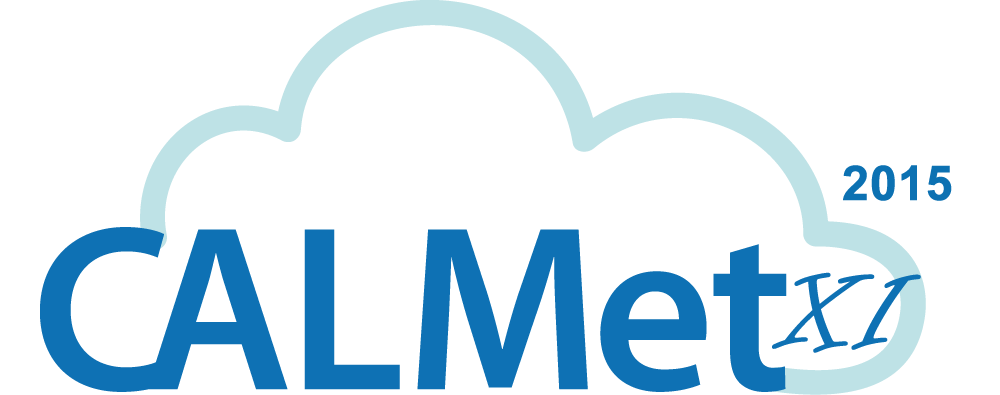
September 7-11, 2015
Seoul, Republic of Korea
Hosted by Korea Meteorological Administration
Inspire. Share. Collaborate.
A forum to share experiences, expectations, and new ideas for applying emerging technologies and strategies in meteorology and hydrology education and training. An opportunity to collaborate and network with international training entities involved with workforce development in support of national meteorological and hydrological services.
Workshop themes:
- Competency-based training and assessment
- Adopting new teaching strategies and innovations
- Quality control and trainer competencies
- Collaboration and the Global Campus
Registration is now open. Call for proposals is complete.
Please visit the KMA registration site for information on travel, hotel reservations and to register for the event.
For more information:
Please contact: calmetplanning@comet.ucar.edu
or visit http://www.calmet.org/p/calmet-xi.html
- Coordinator: Wilfried Dr Jacobs
- Coordinator: Bruce Muller
- Coordinator: Patrick Parrish
- Coordinator: Tsvetomir Ross-Lazarov
- Coordinator: Heleen ter Pelkwijk
The 2015 Satellite User-Readiness Meeting is the NWS operational/training complement to the annual NOAA Satellite Science Week Meeting in February 2015. The purpose of this meeting is to assess the status of GOES-R and JPSS user-readiness for NWS and other NOAA staff while identifying the remaining gaps in preparation for the 2016-2017 launch targets.
This meeting is by invitation only.
NOAA Satellite Science Week 2015
Description
Science Week is a joint meeting to review and discuss the state of the science portfolio of the GOES-R and JPSS programs. This includes GOES-R and JPSS products, their availability and maturity, risk reduction science activities, and calibration/validation.
Objectives
Communicate status of products available from NESDIS operations and direct readout
Review the progress of GOES-R/JPSS Risk Reduction new and continuing projects over the past year
Present results/issues/science from the GOES-R/JPSS Risk Reduction participants including: data fusion applications/techniques, proxy data and interactions with anticipated end-users
Provide an overview of the GOES-R/JPSS cal/val activities (summary)
Examine value and impact of using the same/common algorithms for geostationary and polar orbiting data
Identify methods for developing products integrated/fused with other data sources
- Promote understanding of scientific maturity, and readiness of path to operations between baseline, future capability and experimental products and/or decision aids
This site is a repository for meeting materials and other significant documents for use by Advisory Panel members.